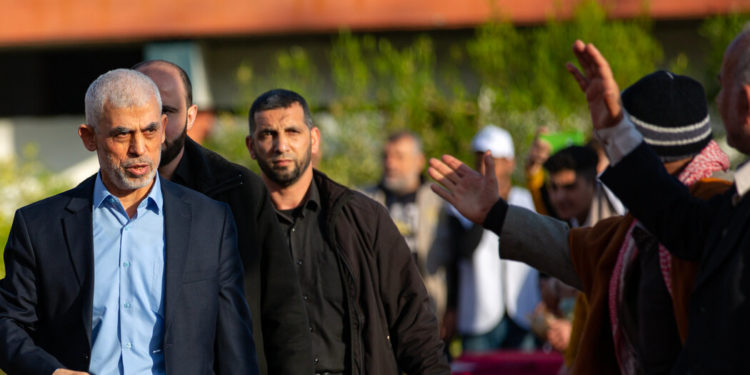The recent arrest of Simon Ekpa by Finnish authorities marks a significant moment in Nigeria’s ongoing struggle against divisive forces that seek to destabilize our nation through violence and terror.
This development is more than just a legal action; it is a powerful statement about the consequences of inciting hatred and promoting destructive ideologies.
Ekpa represents a dangerous archetype of modern conflict instigators: those who wage war from a safe distance, manipulating emotions and exploiting ethnic and religious tensions. His alleged activities have not just been political rhetoric, but have directly resulted in loss of innocent Nigerian lives, causing immeasurable pain and suffering to communities already struggling with complex challenges.
The international nature of his arrest – by Finnish authorities – underscores an important principle: terrorism and incitement to violence are global crimes that transcend national borders. No longer can individuals hide behind geographical distance or claim immunity while orchestrating destruction.
For Nigeria, this moment should serve as a critical reflection point. We must recognize that our strength lies not in division, but in unity. The path to progress is not through violence, but through dialogue, understanding, and respect for human life. Ekpa’s arrest should be a warning to others who might consider similar destructive paths: there are consequences for sowing hatred.
Our nation’s future depends on our ability to reject narratives of violence and embrace constructive engagement. We must continue to build bridges across ethnic, religious, and regional lines, understanding that our diversity is our greatest strength, not a source of conflict.
The arrest of Simon Ekpa is not just about one individual, but about the broader principle of accountability and the collective rejection of terror as a means of political expression.


